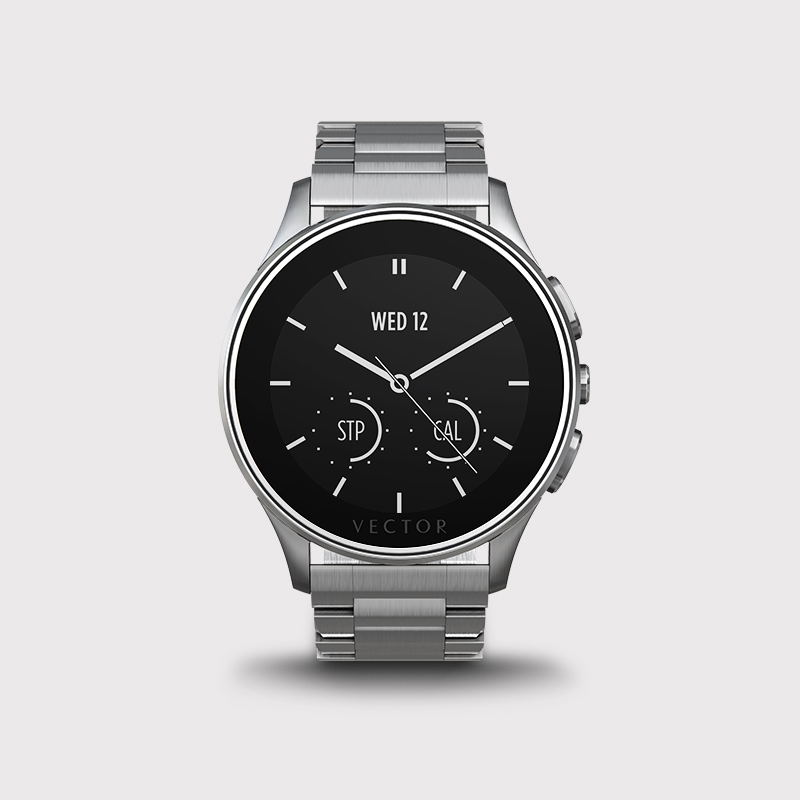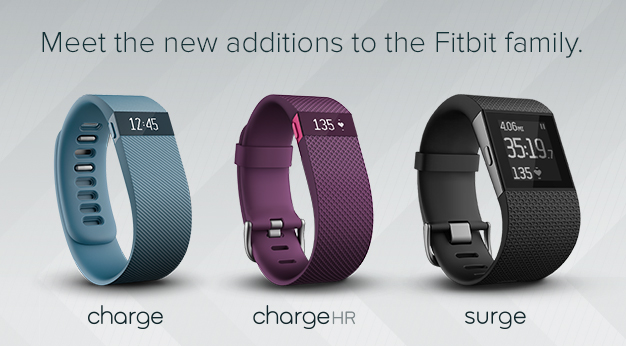Fitbit Acquires Vector Smartwatches
Fitbit has long been known to help keep track of all day activities. It has made a name for itself with its wearable products that track exercise, sleep, and weight. Yet, the fitness company has yet to announce any new products for this year.
However, Fitbit seems to be beefing up its smartwatch efforts as it recently acquired European startup Vector; this after it has acquired software assets from Kickstarter-funded Pebble for $40 million.
Vector’s joining Fitbit was declared in the former’s website, with the team enthusiastically stating, “today, we are happy to announce that the Vector Watch team and our software platform are joining Fitbit, the leader in the connected health and fitness market! We believe this is an important milestone as a moment when we will start building other new and amazing products, features and experiences, incorporating our unique technology and knowhow with Fitbit’s experience and global community.”
The team added, “it has been an impressive journey and we thank you all for your enthusiasm and dedication to our product. From the start, we have unceasingly strived to offer an elegant and efficient smartwatch and staying true to our credo: create a timepiece that will give you time for what truly matters.”
Vector, which came about in 2015, has two luxury smartwatches under its brand. These are the Luna and Meridian. They have been referred to as “elegant timepiece” and “stylish product with a tech spin.” Both of these devices can last up to an impressive 30 days between charging and are compatible with Android, iOS, and Windows devices.
These two watches from Vector have similar features which include activity tracking and onboard apps. Some of the apps include Weather, Twitter, Facebook, Stock information, Music, ESPN, Nest, Evernote and many more social, music, lifestyle and shopping apps. It also has easily interchangeable watch faces and the monochrome screen displays the time without pressing a button. It is water resistant up to 50 meters.
Vector’s main goal as the acquisition is being finalized, is that this has no bearing to its customers. The team continued in its message on its website, “our smartwatches will maintain functionalities and features. You will continue to enjoy the Vector Watch experience: a 30-day battery life smartwatch, with customizable watch-faces and dedicated streams. However, new product features (software and hardware) will not be added.” The Vector customer support team will still address issues raised by customers.
Pebble, on the other hand, has four smart watches out in the market. It has released a smartwatch last October, the latest version of the Pebble 2. The third generation of the Pebble 2 is thinner, lighter and more durable than the original. However, since Fitbit only bought out the software assets for about $40 million, Pebble will no longer promote, manufacture, or sell any devices. The buyout deal was mainly to employ Pebble’s software engineers and testers. Fitbit also meant to procure the startup’s intellectual property rights such as Pebble’s operating system and watch apps.
Basic wearables are becoming cooler as smartwatches add more health and fitness capabilities. With the acquisition of Vector and Pebble, we can only guess what top fitness company Fitbit can give us next. It is likely that Fitbit will utilize Vector’s talented design team to give us a wearable device that is as watch-like as possible. It will also likely use Pebble’s software engineers. It might come up with a smartwatch operating system that can compete with Google’s Android Wear and Apple’s Watch OS. Definitely, Fitbit will build on its strengths to take on a leadership position in the wearables category.


